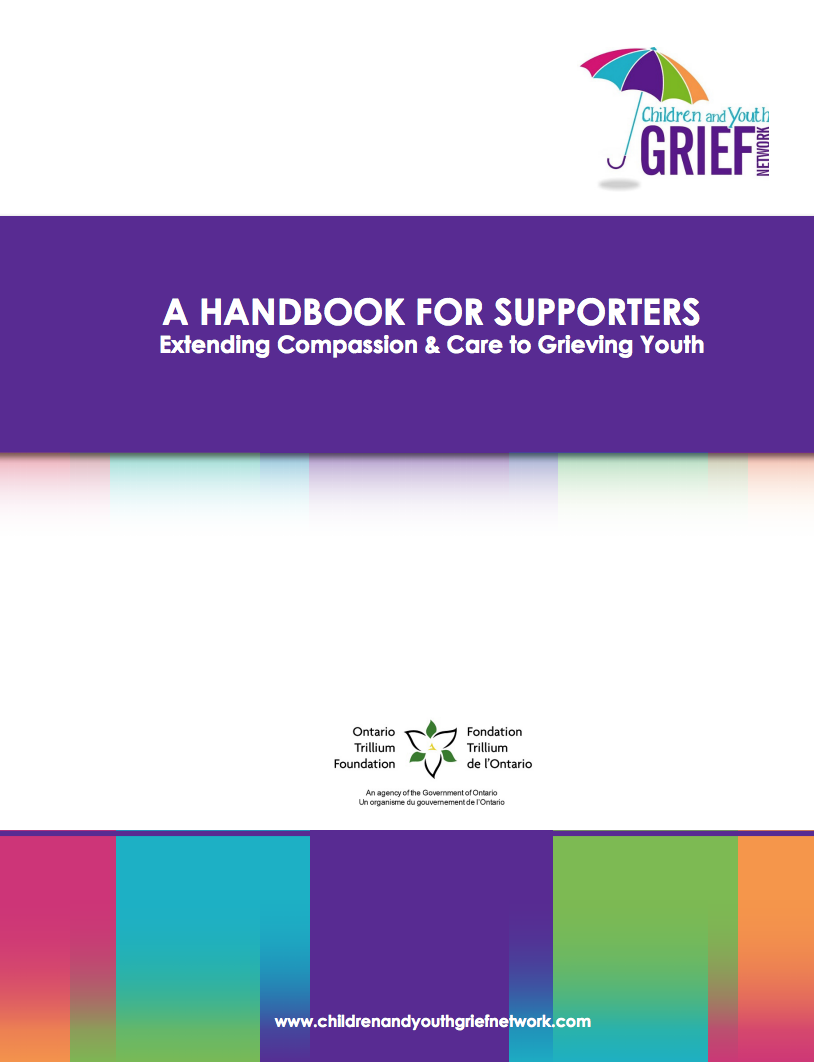There are a multitude of misconceptions surrounding Palliative Care - what it is and what it isn't. Sadly, many are not open to the prospect of Palliative Care because it presented as a departure from "active care" or moreover they believe that Palliative Care is only provided at end of life. It is in fact so much more than that... I truly appreciate this article demystifying the scope and breadth of Palliative Care written by Dr. Jeff Myers, a Palliative Physician, empathic clinician, extraordinary advocate and educator...
"At a time when assisted dying dominates discussion about end-of-life care, I think it’s important to address public fears around palliative care so that people can use the information to improve their quality of life.
Palliative care is not what happens when all treatments have failed. It does not mean “giving up” or “stopping the fight.” If you are fighting cancer or Lou Gehrig’s disease, palliative care means a team of people — such as doctors, nurses, social workers and others — will help make sure you have what you need to continue fighting.
As a palliative care physician, I am deeply committed to improving end-of-life experiences for people and their families. My focus is not on the disease itself but on the impact it can have, like relieving the severity of symptoms with the overall goal of improving quality of life.
It’s my job to know what matters to you and to make sure you’re not spending time and energy on bothersome symptoms that needlessly wear you down. Pain is a good example: terrible pain from cancer can be exhausting, consume a ton of energy and is worse for the body than any medications aiming to manage the pain. There is no need for a person fighting cancer to also try fighting pain.
There is now very clear evidence that people who receive specialized palliative care actually live longer than those who do not. This is why it’s so important to understand that palliative care is not about giving up — far from it. It’s about living the very best you can for as long as you do."























